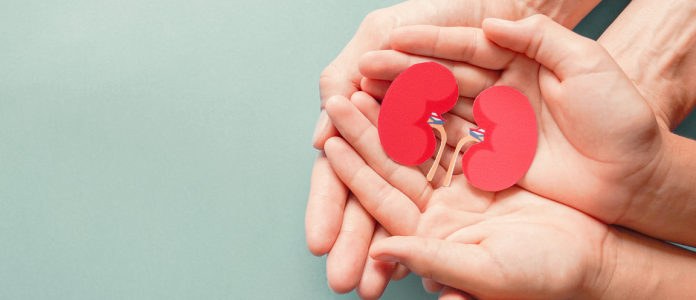When last did you have your kidneys checked? Chronic kidney disease (CKD) is a common, potentially life-threatening illness that about 5 million South Africans over 20 years of age suffer from.
The problem is that this silent disease is often asymptomatic during the early stages for most patients. In fact, you can lose up to 90% of kidney function before experiencing any symptoms, and most people don’t have any symptoms until CKD is at an advanced stage.
We took a deep dive into CKD and asked The Urology Hospital Pretoria to answer commonly asked questions in this quick Q&A:
- What is CKD?
It is a progressive loss of kidney function over a period of months or years. Each of your kidneys has about a million tiny filters called nephrons. If nephrons are damaged, they stop working. For a while, healthy nephrons can take on the extra work. But if the damage continues, more and more nephrons will shut down. After a certain point, the nephrons that are left cannot filter your blood well enough to keep you healthy, and your kidneys will start to fail.
- Who’s most at risk of CKD?
Kidney failure is mainly due to inherited Hypertension (60-65%) or Type 2 Diabetes (another 20-25%), with the African population being four times higher at risk than other groups due to the high incidence of Hypertension.
- How do you know if you have CKD?
Signs of advancing CKD include:
- Swollen ankles.
- Fatigue.
- Difficulty concentrating.
- Decreased appetite.
- Blood in the urine and foamy urine.
• What can you do to check your kidneys’ health?
Targeted screening of people at risk of developing CKD is critical for early detection, prevention or slowing down of progression and timely management of CKD.
Chronic kidney disease does not just disappear and can progress to kidney failure. Blood and urine tests are done to check for kidney disease, followed by the required treatment. The earlier CKD is detected, the better your chances of receiving effective treatment.






